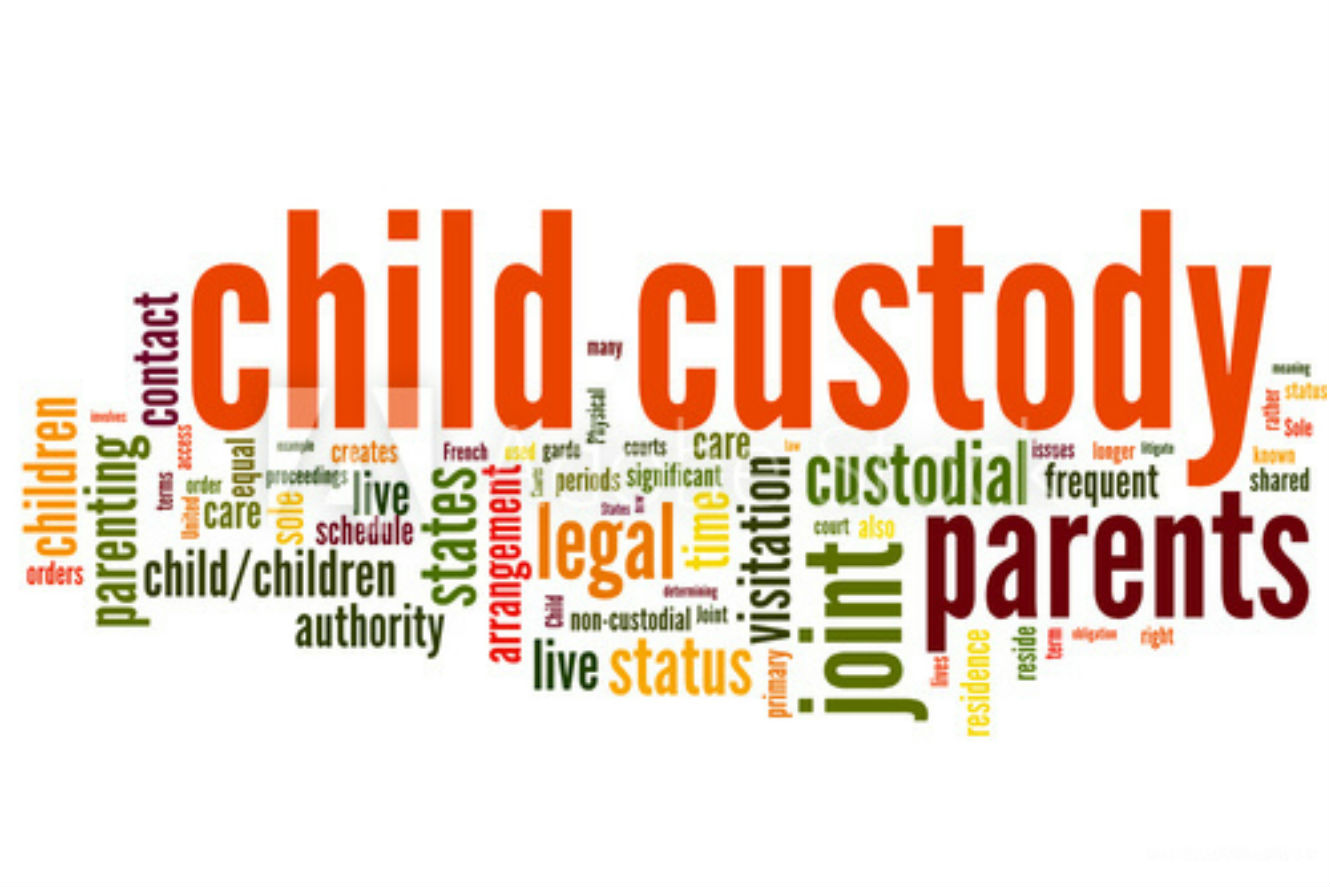If you have children and are going through a divorce or paternity , it is important for you to become familiar with the critical components of parental responsibility and timesharing and understand their differences and what they mean for your family. The terms parental responsibility and timesharing are terms and phrases that use to be called “custody” and “visitation” but are no longer used or recognized in Courts.
The notion of timesharing means that parents (or courts) need to work out the details of how and when parents and children will spend time together. These details are set forth in a parenting plan. Ideally, a parenting plan will have enough specificity to avoid confusion over its terms, and enough flexibility that families can deal with unforeseen circumstances without needing to return to court.
The term parental responsibility refers to the decision-making authority of a parent. Parental responsibility is decided on a case-by-case basis and defines the rights of parents to make major decisions affecting the welfare, education, and health care of their minor children. If the parents cannot come to an agreement regarding how decisions are to be made, then the court will make that decision. There are three (3) possible options that a Court may choose to grant: (1) Shared Parental Responsibility; (2) Shared Parental Responsibility Ultimate Decision-Making Authority; and (3) Sole Parental Responsibility.
Courts are required to consider several factors when deciding about parental responsibility considering factors including: the age of the child, the relationship of the child with each parent, the ability and desire of each parent to care for the child, the work schedule of each parent, the distance between the homes of the parents, and even the child’s preference (if they are old enough to express one).
Shared Parental Responsibility can be awarded to both parents, when it is in the best interest of the child, irrespective of the timesharing the parties are exercising with the child(ren). When parents are awarded Shared Parental Responsibility, the parties must confer and JOINTLY make all major decisions affecting the children. The purpose of Shared Parental Responsibility is to keep both parents active in a child’s life and for the parties to communicate and co-parent to decide what is in the best interest of the minor child.
Courts can award Shared Parental Responsibility with one parent being awarded Ultimate Decision-Making Authority to one parent over specific areas concerning the children. In these cases, while the parties are still required to confer and attempt to make decisions jointly, courts will grant one parent the right to the tie breaking vote in the event of a disagreement. Ultimate decisions making authority may be granted when one parent has special knowledge in a particular area such as the child’s educational or medical needs, or where one party has a history of being unreasonably uncooperative in making decisions.
A parent who has Sole Parental Responsibility does not need to confer with or even consult the other parent when making major decisions that affect the minor child. For this reason, sole parental responsibility is often granted only when shared responsibility poses a risk or is detrimental to the children.



